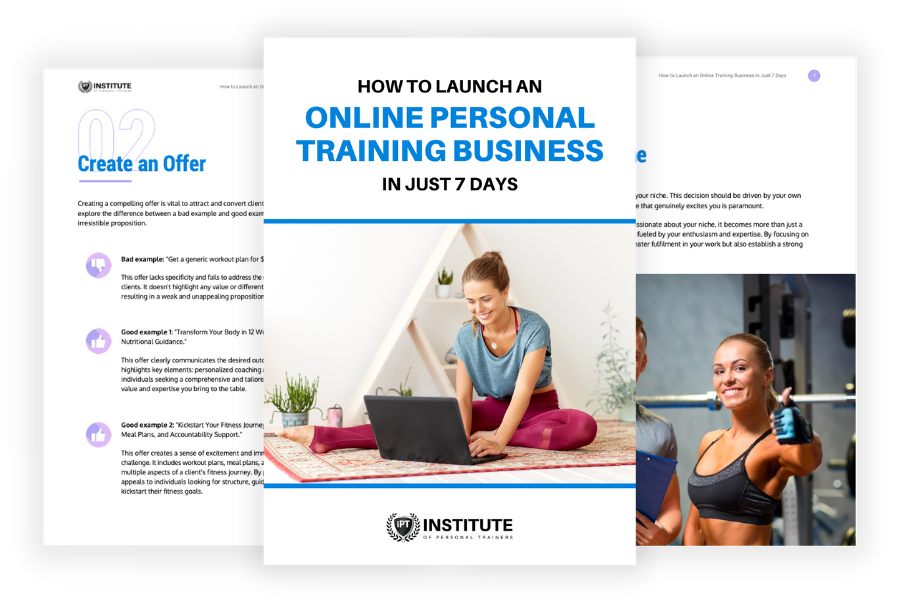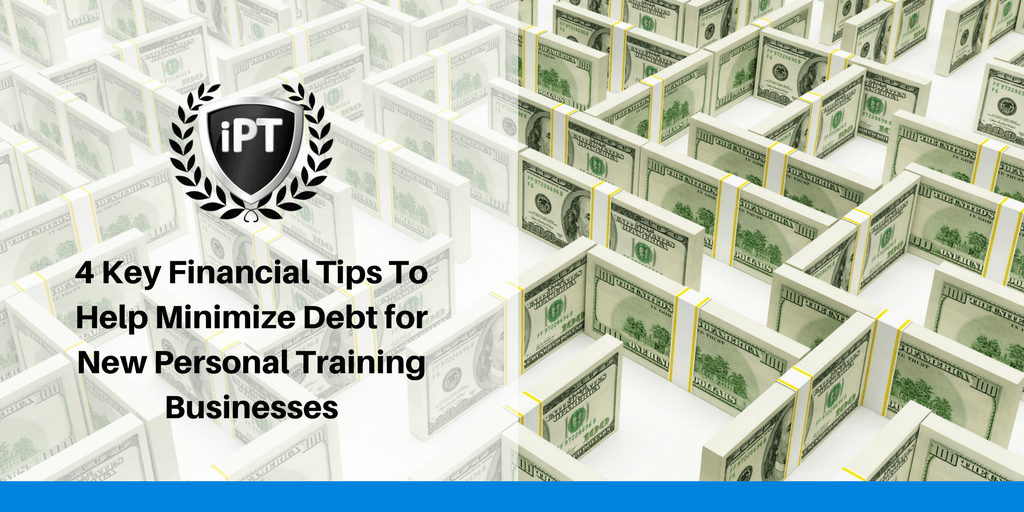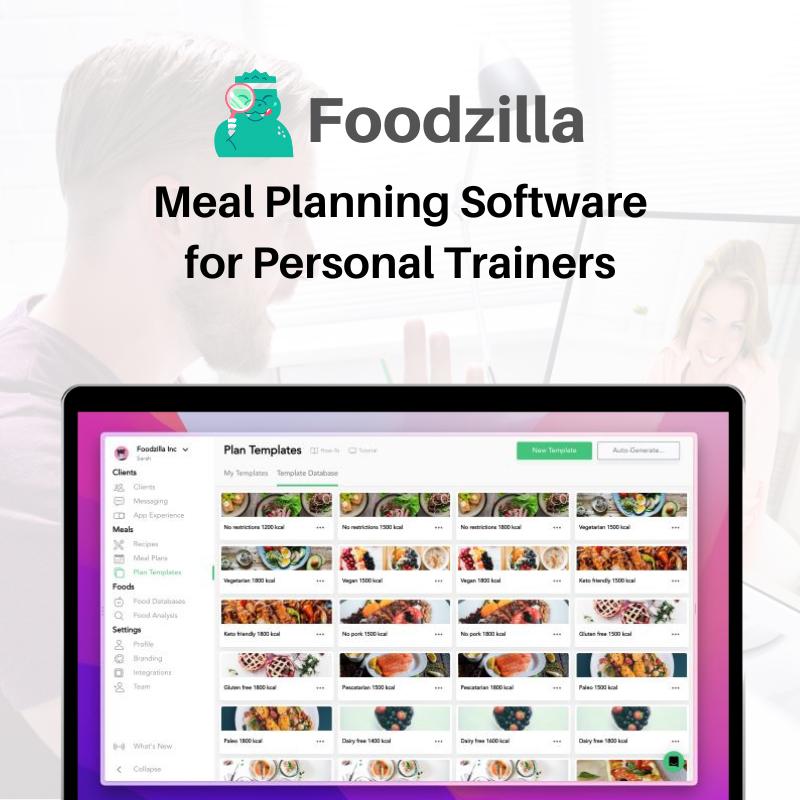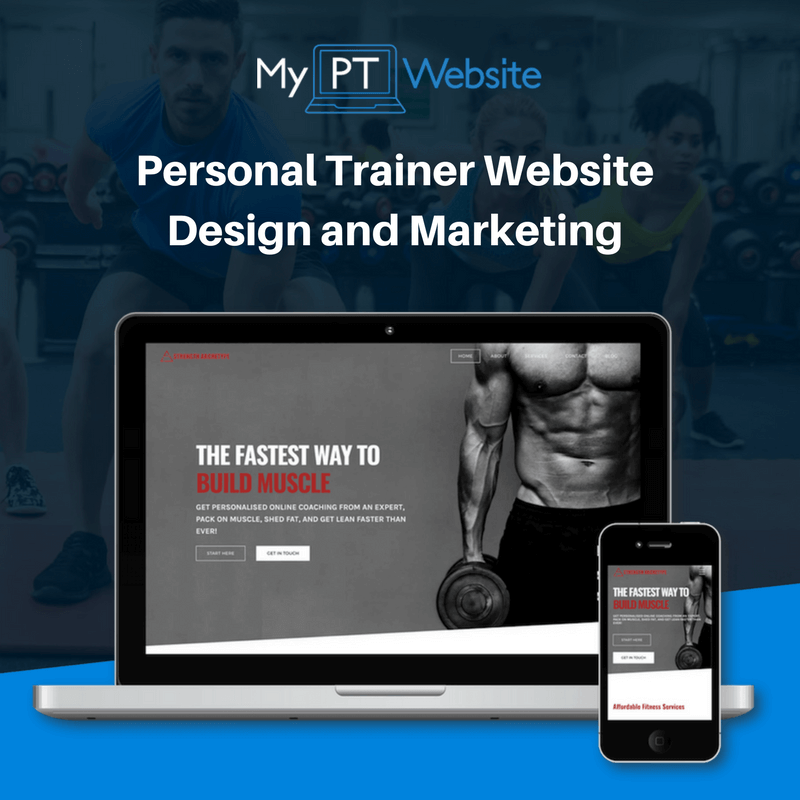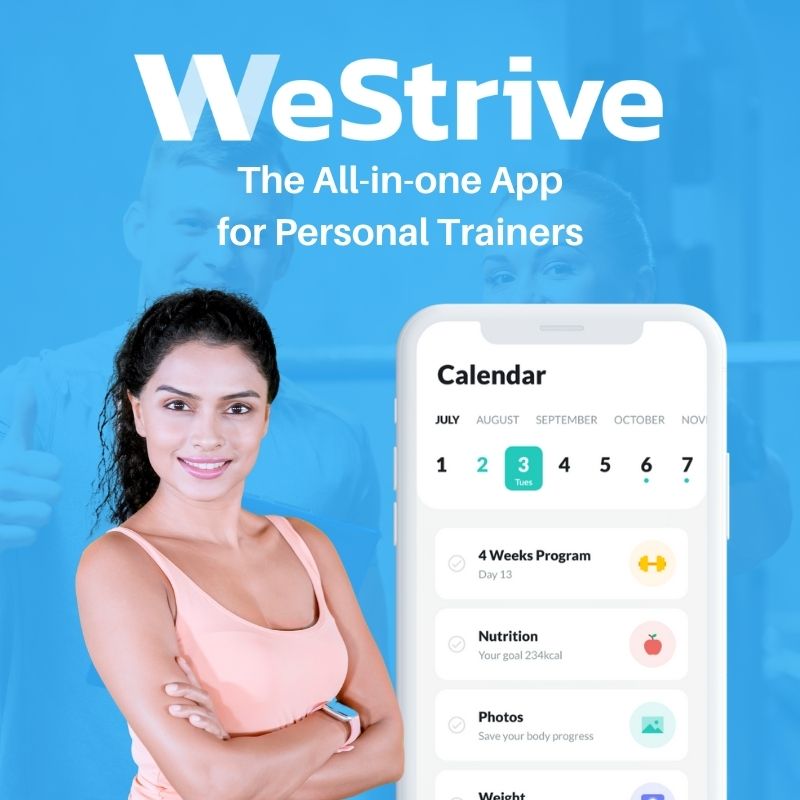|
FREE GUIDE: HOW TO LAUNCH AN ONLINE PERSONAL TRAINING BUSINESS
IN JUST 7 DAYS
✓ The new, better way of launching an online business
✓ The fastest way to create in irresistible offer ✓ A simple system to sell to clients who are interested |
|
Starting up a new personal training business is a big risk and, as one might expect, a lot of hard work. In the early days, there will be a lot of late nights, along with worry and questions about how to make ends meet. With little exception, it will be difficult to start building a base of clients so the business can sustain itself, let alone you and your personal expenses. One way to give your new business the best chance for long-term success is to minimize the debt that you incur as you start up. Here are a few tips to help you do just that. 1. Lease or sub-lease space instead of buying.Buying a space for your business is a substantial investment, and one that you may not be able to recoup. If, for some reason, you need to move or change the business later on, it can be difficult to convert training space for some other use. For these reasons, buying space should only be done later, after your business has gotten up and running, and is sustaining itself and you. For the time being, look for a location to lease. If you can find a business that isn’t using all of its space, that may be an even better opportunity for a deal. Even if you need to put in some work to separate your space from theirs, sub-lease rates can be very attractive. What’s more, sharing space can be a great way to help drive business. It’s something to consider, especially if you’re looking to forge a strategic relationship with a doctor’s office or other practice. 2. Hold off on buying new, state-of-the-art equipment.While some personal training businesses like to advertise that they have the latest and greatest, most clients have other reasons for patronizing specific businesses. It may be location, the owner’s attitude, or relationships they have with other clients. In any event, focus on getting your practice built and your feet solidly under you before making any big investments in new equipment. Instead, look for items to lease or buy second-hand. There are some great deals to be had, which may allow you to defer maintenance or just save a lot in start-up costs. 3. Keep your staff to an absolute minimum.This can be a bit tricky, since it’s difficult to handle other aspects of a business while you’re working with clients. However, early-on it’s critical that every single employee contribute to the productivity – and therefore the profitability – of your new business. This means that you may need to spend evenings doing your own accounting and bookkeeping for a while. Instead of hiring a receptionist, you might consider using a phone-answering or scheduling service. Keeping your staff low will help minimize your monthly obligations, making you more able to sustain the business without resorting to borrowing. 4. Pay all of your bills in-full and on-time.Once you’ve gotten started, if you can’t afford to pay your bills then you need to look for ways to cut costs further. Failure to pay bills will cause you to start incurring debt. As interest begins to accumulate, it will only get more difficult to climb out from under those obligations. If you’re worried about staying current with bills early-on, you might consider getting or keeping a job and working on your own business in your spare time. That will allow you to have income not reliant on your young business, keep building relationships with clients, and gradually shift your attention over to your own practice as it grows. Unfortunately, the success rate of new businesses is discouragingly low. The statistics indicate that the majority of new businesses will ultimately fail. This result is rarely if ever due to owners’ lack of ambition, but rather to market conditions, lack of resources, or some other outside factor. Growing your own business can be incredibly rewarding – both financially and otherwise – but it’s important to be smart about it. Small, measured steps are the key to long-term sustainability and growth. Follow the tips above to make sure that you don’t bite off more than you can chew. Undoubtedly, you will learn new lessons along the way. Keeping debt to a minimum is a great goal in case your business ever needs to be moved, changed or shuttered. If the business succeeds, without debts to pay off you will be able to keep an even larger share of the rewards. We hope you enjoy these Capstone Financial Planning tips. Guest Author: |
| Steven McMeechan is a strategic marketing and communications specialist with over twenty years’ experience in senior marketing management roles across a range of industries including Information Technology and Financial Services. He works for Capstone Financial Planning and lives in Melbourne Australia. |
Our All In One Platform
Check out out all in one business & marketing platform for personal trainers!
WEBSITE BUILDER | FUNNELS |MEMBERSHIPS | SCHEDULING| EMAIL MARKETING| PAYMENTS| CRM | AI ASSISTANT | SURVEYS
Popular Articles
Trusted Partners
We work closely with some of the best service providers in the fitness industry.
Categories
All
Branding
Finance
Management
Marketing
Mindset
Reviews
Sales
Skills

